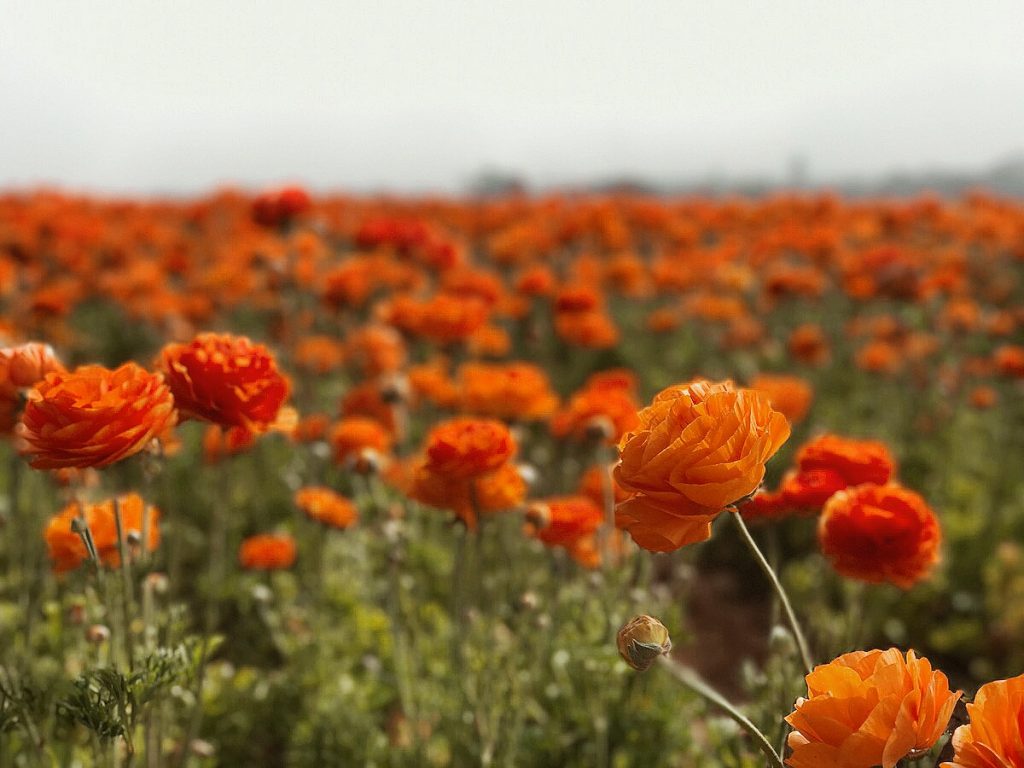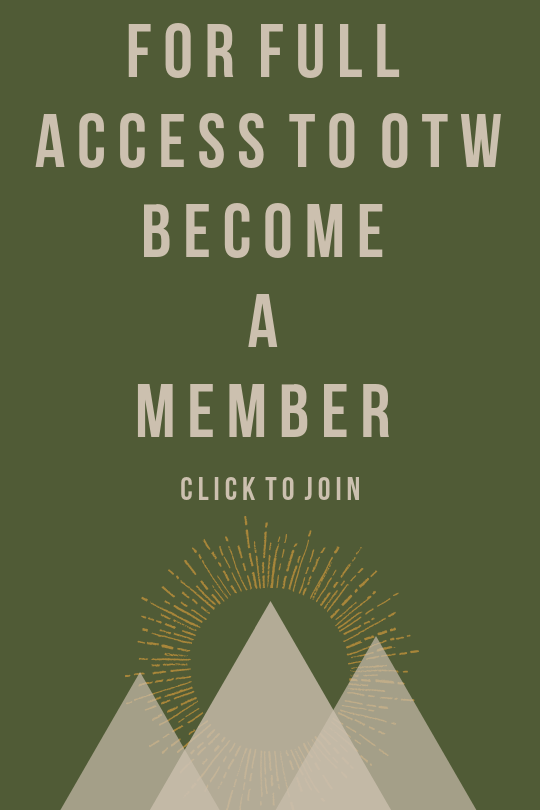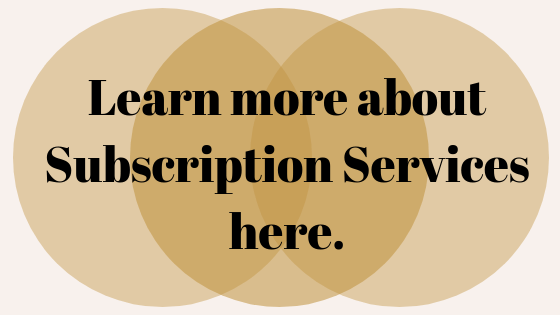How Nature & Conservation Impact Individual Health

“Nonetheless, it is an inescapable implication of the evolutionary insight; we humans are corporeally related, by direct and indirect webs of evolutionary affiliation, to EVERY other organism that we encounter.” – David Abrams, Ph.D., cultural ecologist, philosopher, and author
These days, our psyches are overwrought; the Shadow of our collective is mirthfully dancing on the graves of our humanity and the tombstone of Mother Earth. So, what do we do? weREWILD. We reclaim our protection of and connection to the natural world and to each other. And we heal while we do so.
With many of our backs turned to our own kin – to the blades of grass nearby, to the coyotes in the distance, and to the seeds germinating, hopeful for emergence – we are creating mental and emotional wounds. Why do we disparage our genetic inheritance of the sky and trees and mammals – of Mother Earth of whom we rely upon for everything? Nature has always held the Shadow and Light of existence, unapologetically, daringly. We have mostly evolved as a species to unsee the depths of existence – within ourselves and around us. Nature can be a frightening mirror to humankind. Our consciousness might rationalize this blindness, but our bodies and our unconscious never forget. They mourn the wounds of detaching from our kin of the natural world, for some even denigrating her.
Our disconnection mostly comes in the form of dissociation and detachment – causing tidal waves of spiritual malaise, anxiety, depression, mental illness, suicidality, disordered eating and drinking, and the list of impairments to our quality of life goes on and on. The throb of modern-day society has deadened much of our connection with our true selves, with Nature, with our life force.
There is endless research supporting mankind’s connection to Nature and how it can heal:
- Being in the presence of Nature improves mental, emotional, and physical health, reducing stress, improving mood and focus, and overall wellness. I posit that elevating time spent in Nature to becoming an active steward of the natural world can elicit even more transformative outcomes.
- Through research I’ve begun conducting and vow to continue, time in nature and in groups tends to open us up emotionally, allowing for greater therapeutic progress.
- Clarity, clairvoyance, healthier relationships, and the revelation of purpose are some of the positive personal life side effects of regular interaction with Nature.
- When we breathe in phytoncides, chemicals produced by plants, our levels of white blood cells increase, helping us fight off infections and disease, reducing stress levels.
- There are also chemicals REDUCED when in Nature, like cortisol, a potent stress hormone.
- Physical inactivity has become the fourth largest cause of death worldwide, according to the World Health Organization, who also reports people in modern society face increasingly serious challenges regarding physical and psychological health and well-being. Physical activity in Nature leads to both physical and psychological health and well-being. Fresh air also improves blood pressure.
- Scientific research has proven simply viewing scenes of Nature can “reduce anger, fear, and stress and increase pleasant feelings. It can also reduce blood pressure, heart rate, muscle tension, and the production of stress hormones.”
- Nature has no use for scrolling, no reverence for digital “likes”, thank goodness!
- Our brains can be easily fatigued, but when we slow down and take in Nature our mental performance improves. Most of us are running counterintuitive to productivity.
- Urban dwellers have a higher risk for anxiety, depression, and other mental illnesses than people living outside urban centers, studies show.
- Connection with Nature has also been deeply linked with mindfulness and similar states of meditation. Experiencing and protecting the world around us can trigger clarity, calm, relativity and spiritual healing – recontextualizing our daily, usually stressful, lives.
- Altruism – most commonly known by selfless and engaged acts and/or volunteering – has been proven to: release endorphins, generate gratitude, improve physical health, longevity of life, and decreased focus on personal stress and deficits.
- Nature has its own rhythms, rules and lessons, but discrimination is not one of them. Nature favors diversity.
- Climate science demonstrates we are at the brink of no return—extinction—and I feel strongly that our innate biological connection to nature’s discord is part of our own human discord. We are part of a whole.
“But if you will think of ourselves as coming out of the earth, rather than having been thrown in here from somewhere else, you see that we are the earth, we are the consciousness of the earth. These are the eyes of the earth. And this is the voice of the earth.”
– Joseph Campbell, American mythologist, author, and lecturer








